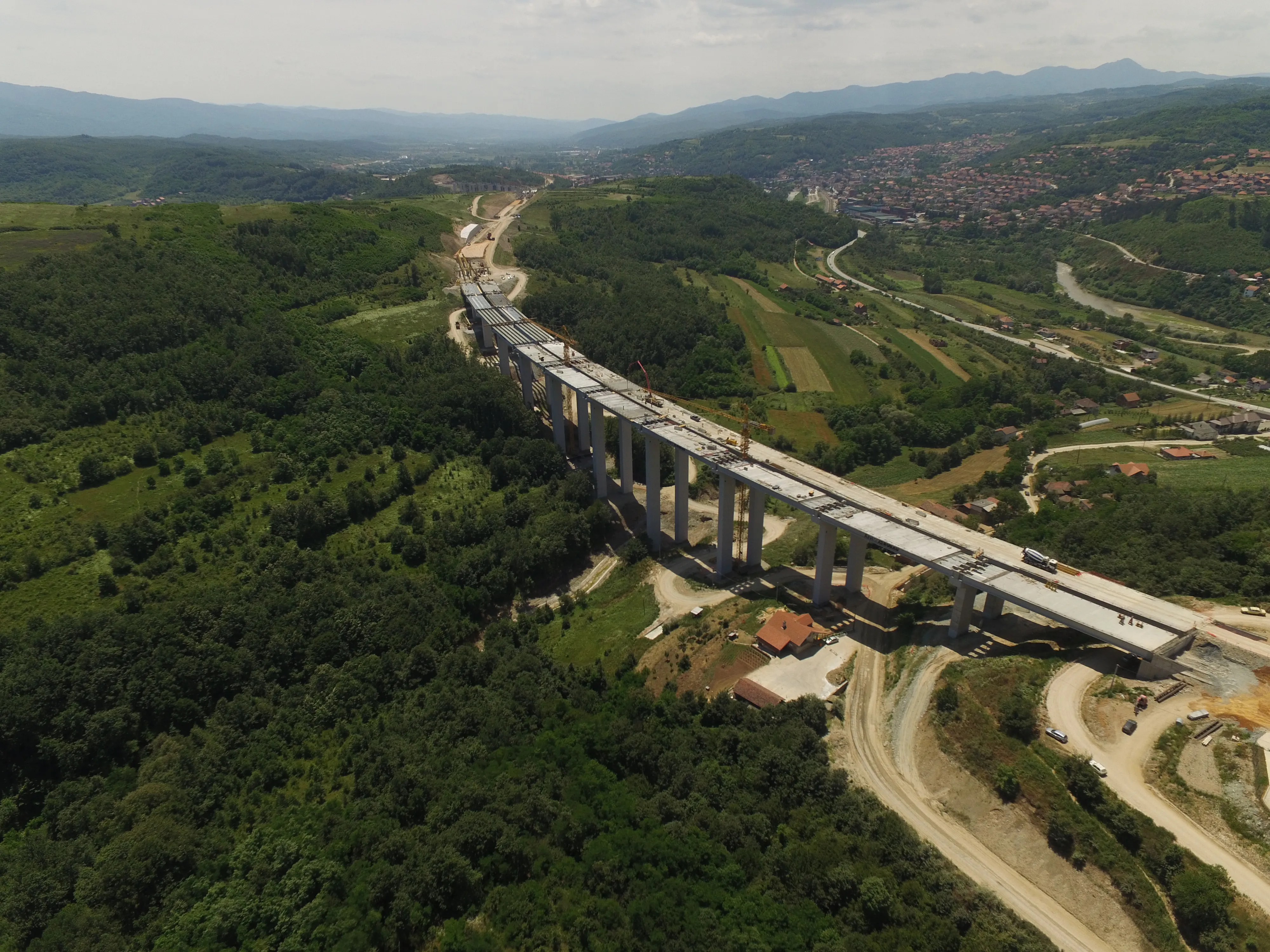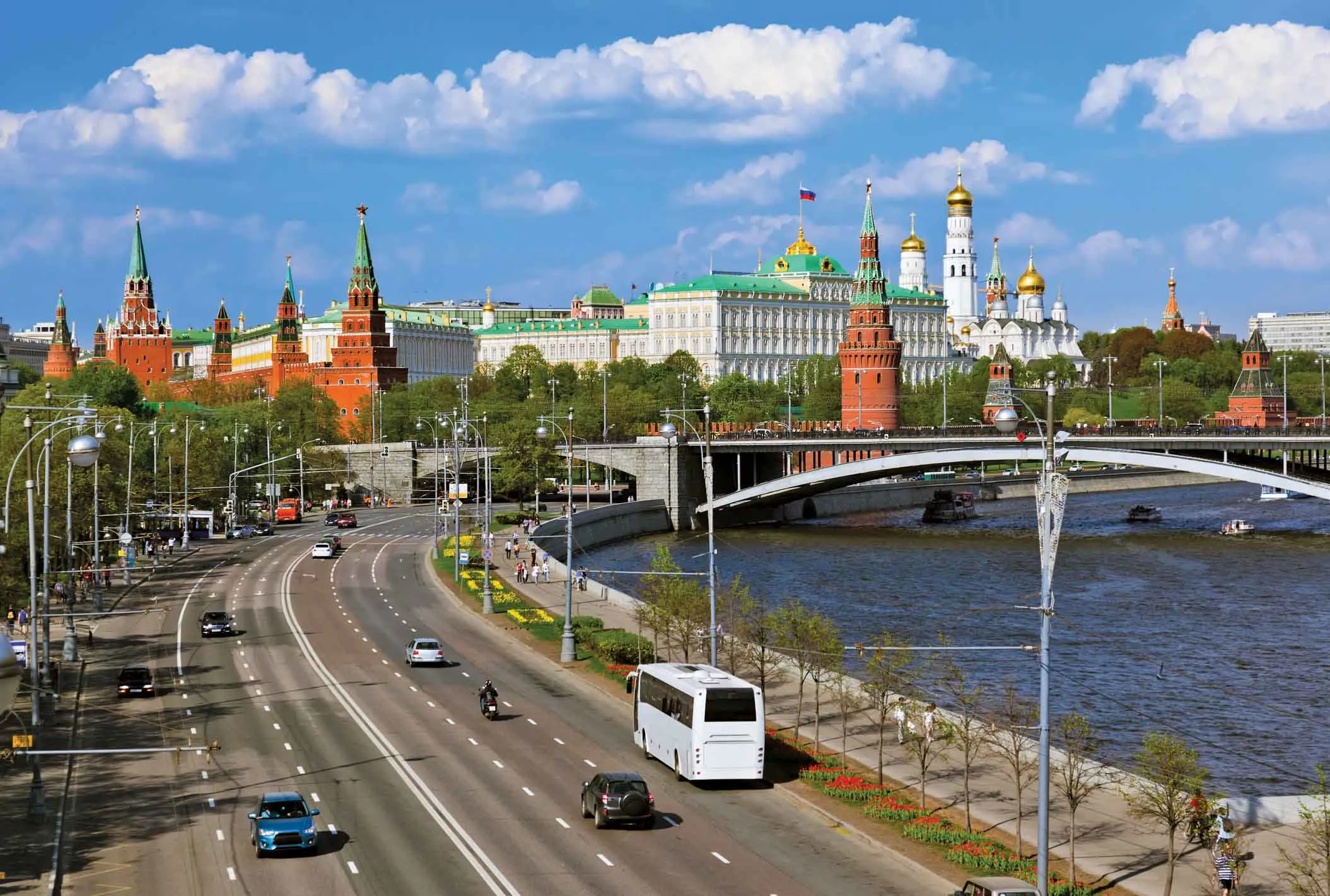Three Slovenian contractors, Primorje, Vegrad and GPG, are well placed to win key construction tenders in Libya. The contracts are worth a total of ?300 million and include a highway project as well as general construction work.
February 9, 2012
Read time: 2 mins
Three Slovenian contractors, 2476 Primorje, 2475 Vegrad and GPG, are well placed to win key construction tenders in Libya. The contracts are worth a total of €300 million and include a highway project as well as general construction work. This follows on from a recent award of a €333 million award to contractor SCT for a highway project. At this stage details of the highways to be built have not been revealed. However Libya has been working on plans to build its section of the new international North African highway to connect with its neighbours and that will eventually run along the North African coast all the way from Morocco to Egypt. Morocco and Algeria are far ahead with work on their sections of the route and many of the phases have already been opened to traffic. Chinese and European firms have been highly active on the Moroccan and Algerian sections of the highway while US firms have supplied a significant portion of the machines and international interest will be strong in subsequent contracts. Egypt is working on highway design and is planning its construction schedule while Tunisia is also working on its links to the highway. However Libya has yet to announce final details of its plans for its section of this important international route. Libya's commerical links with Italy have been strong over the years and it seems likely that Italian firms will win some of the tenders as a result but other international companies from North America, Eruope and Asia will be keen to gain a foothold in the potentially lucrative Libyan construction sector.








